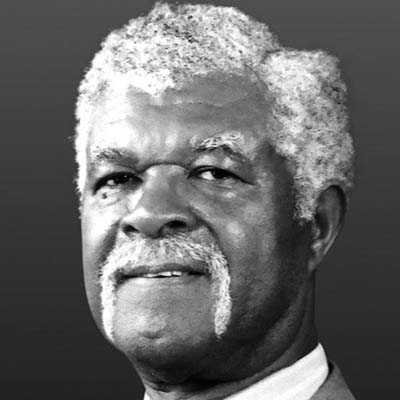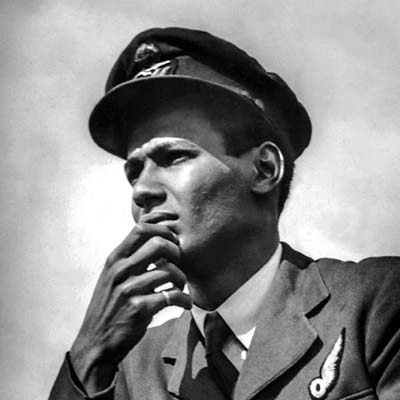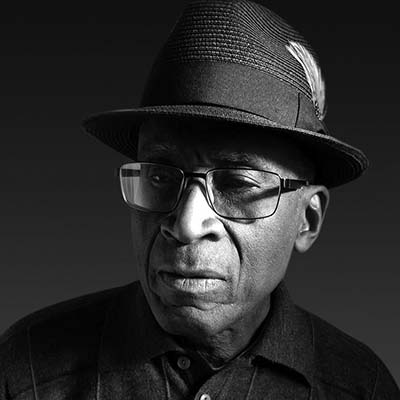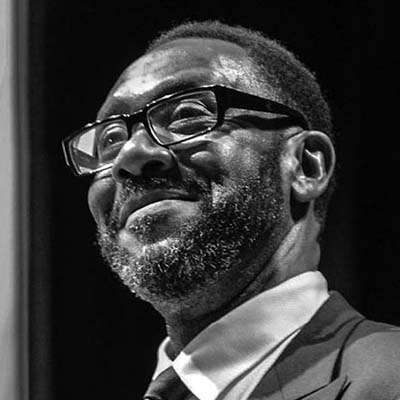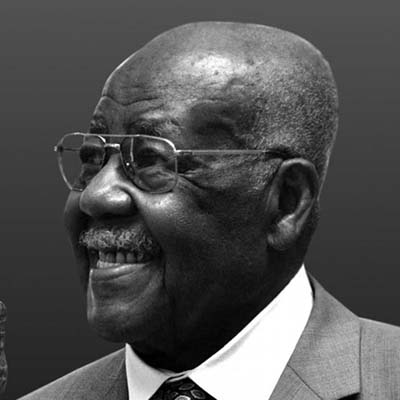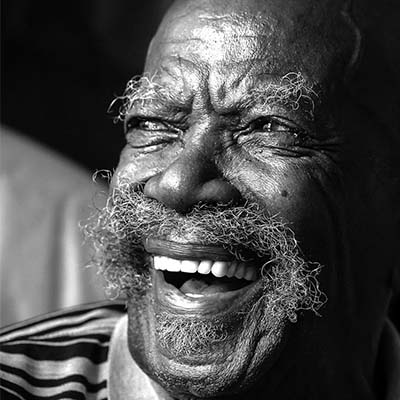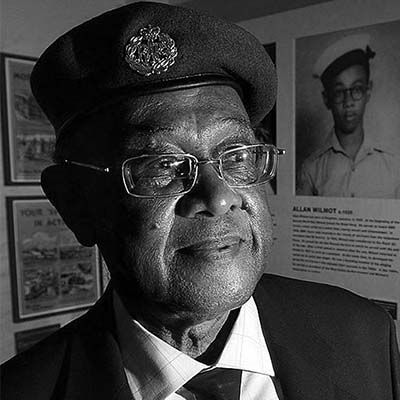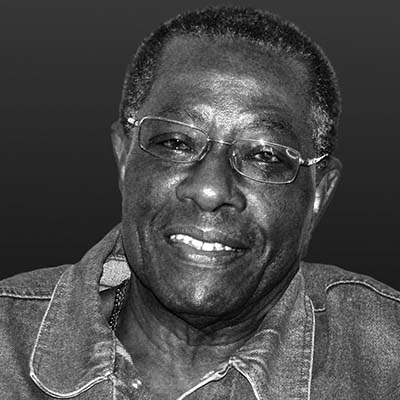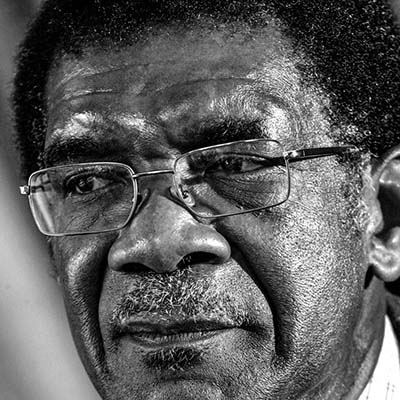NADIA CATTOUSE

While travelling through segregated America in the 1940s, the singer and actor Nadia Cattouse refused to go to ‘the back of the bus’, an experience that would help her navigate an adventurous life that would see her emerge as one of the UK’s leading black entertainers
Share this:
Travelling to Jamaica for initial training with six other Auxiliary Territorial Service recruits in 1943, her journey to Britain meant passing through the US. In Miami they took the train to Washington but quickly realised they were in a segregated coach reserved for white passengers. When they were told to get out, they refused to do so unless they were given a coach on their own.
Dressed in their smart ATS uniforms, Nadia and co looked every bit the business. Eventually the senior train guard backed down and the women got their own coach, in the white section of the train. By refusing to accept the Jim Crow laws, the women’s action had preceded Rosa Parks’ back-of-the-bus defiance by more than a decade.
Nadia trained as a signals operator in Scotland and also served as a part-time physical training instructor. After the war, she qualified as a teacher in Glasgow before returning to British Honduras, present-day Belize. There she became a head teacher of a mission school as well as a lecturer at a teachers’ training college.
In 1951, Nadia returned to Britain to study social sciences at the London School of Economics. She also trained as a social worker, working in Nottingham helping newly arrived Caribbean migrants.
Blessed with a fine singing voice and considerable acting talent, she began her television career in 1954, appearing in the TV film The Runaway Slave. She soon became a regular face on the small screen and her credits include Freedom Road: Songs of Negro Protest, Dixon of Dock Green and Crown Court, the latter two both popular TV staples.
In the 1960s, she enjoyed success as a folk singer, releasing two albums and a number of singles, including Beautiful Barbados, Long Time Boy and Red and Green Christmas. Her last TV appearance was as Mrs Turner in the BBC mini-series Johnny Jarvis in 1983.
In 2009, she was honoured with a Meritorious Service Award from the Belize government.
Check out more of our Pioneers and Champions
Privacy Policy | Registered charity number: 1159291 | Copyright © 2024 Windrush 70 | Design: ATOMIC CONCEPTS

